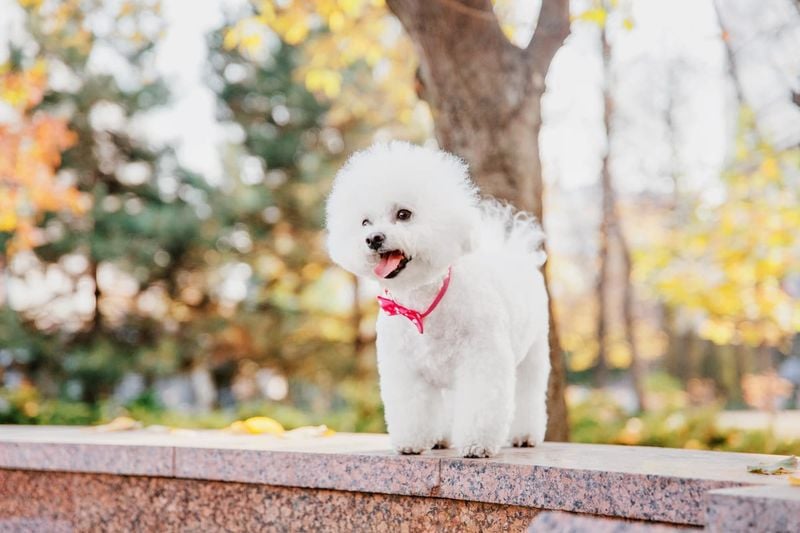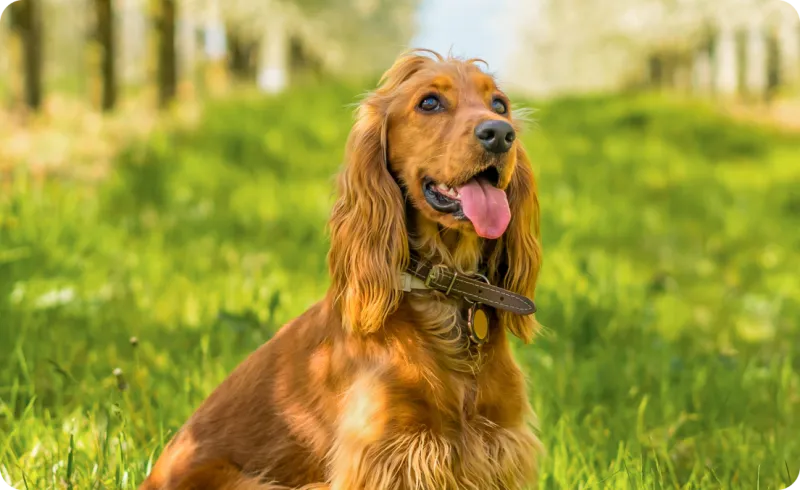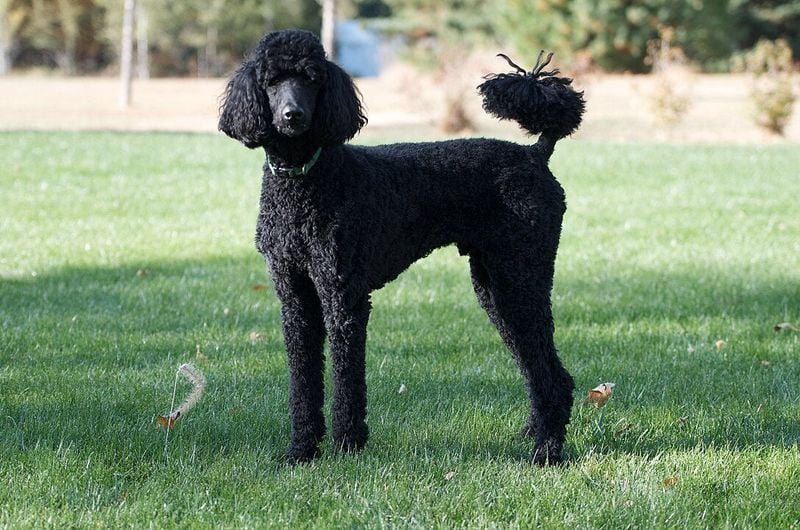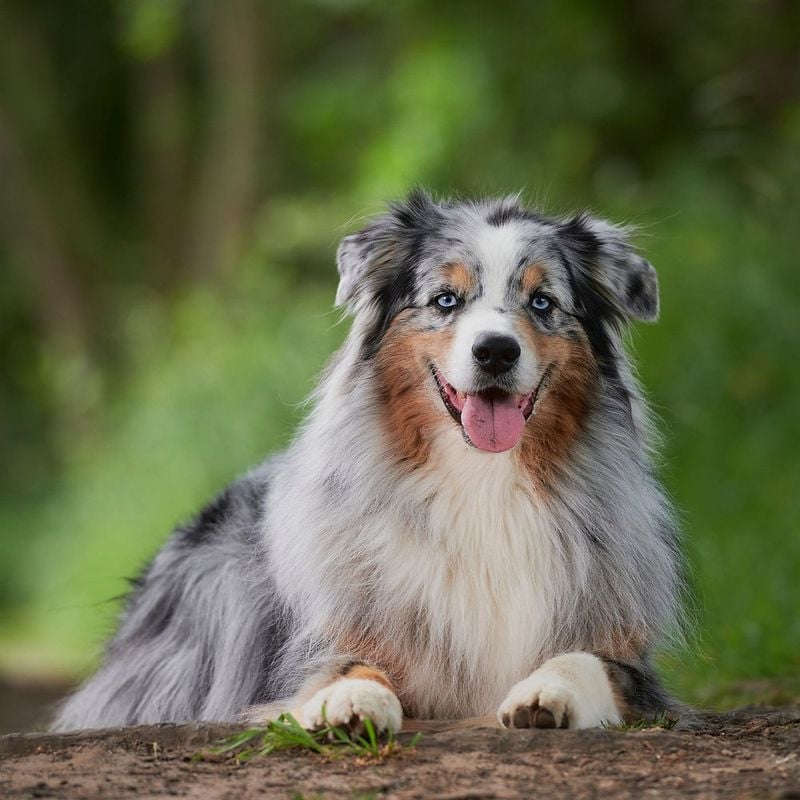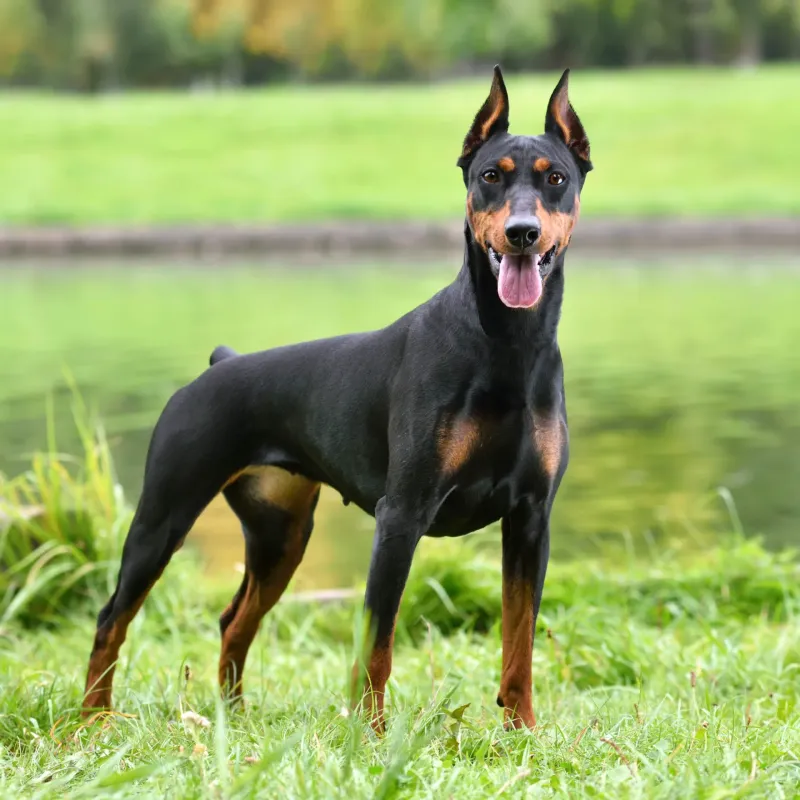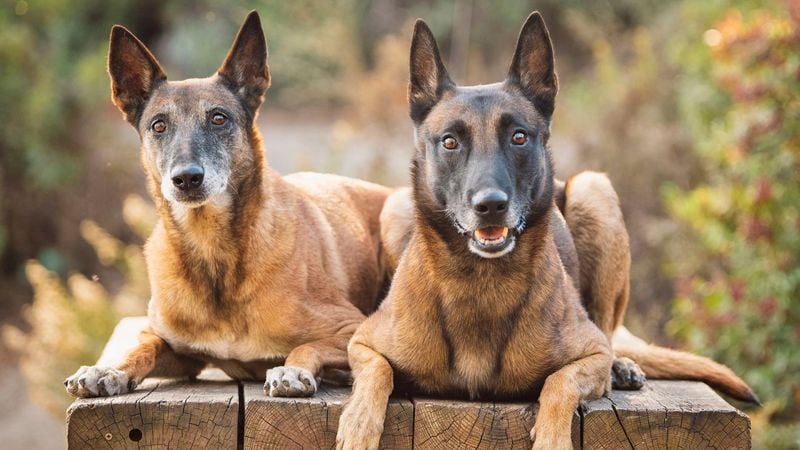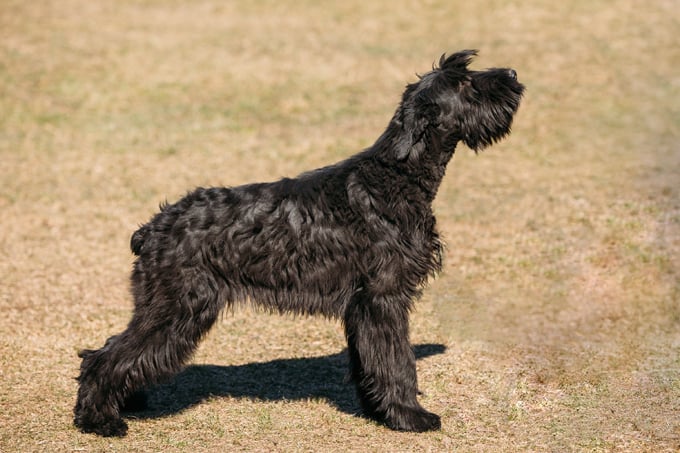15 Dog Breeds That Are More Likely to Struggle with Mental Illness
When we think of mental illness, we often picture humans grappling with anxiety, depression, or obsessive behaviors.
But what many don’t realize is that dogs—yes, even our playful, tail-wagging companions—can struggle with mental health too.
Just like us, they can experience fear, stress, and emotional distress in ways that go far beyond typical misbehavior.
Some breeds are more emotionally complex than others. Genetics, energy levels, intelligence, and sensitivity all play major roles in how a dog handles the world around them.
And when those factors aren’t properly managed, mental health issues can quietly creep in.
From pacing and excessive licking to destructive chewing and howling when left alone, these signs often go unnoticed—or worse, are dismissed as bad behavior.
But they may actually be symptoms of deeper psychological struggles. Dogs feel too, and some feel a lot more than others. That’s why it’s so important to understand which breeds are most prone to these challenges.
Not to avoid them—but to better support them. Because with the right environment, even the most anxious pup can thrive.
In this article, we’re highlighting 15 dog breeds that are more likely to struggle with mental illness.
These breeds tend to be highly intelligent, deeply loyal, and emotionally sensitive—traits that make them wonderful companions, but also more vulnerable.
Whether you’re considering adopting one of these breeds or already share your home with one, knowing the risks can help you build a happier, healthier relationship.
Because sometimes, the best thing we can do for our dogs isn’t just walk them or feed them.
It’s understanding what’s going on inside that furry little head—and meeting their emotional needs, just like we would for any other member of the family.
1. Border Collie
With unmatched intelligence and a zest for life, Border Collies excel in agility and herding activities.
Yet, their brilliance can sometimes turn into a double-edged sword. Without enough mental stimulation, these dogs might develop compulsive behaviors.
Their high energy requires an outlet; without it, they can become anxious or even destructive. Imagine a brilliant mind left idle, yearning for challenges.
Owners often find themselves entranced by their keen eyes and sharp focus, but it’s essential to keep these intellectual canines busy. A simple game or a task can make a world of difference in their mental well-being.
2. German Shepherd
Renowned for their loyalty, German Shepherds have a heart as big as their courage. However, this deep bond can make them vulnerable to separation anxiety.
These dogs often mirror the emotions of their human companions, making them sensitive to stressful environments.
Their strong protective instincts can sometimes lead to nervous aggression if not properly managed. Picture a loyal guard, ever-watchful yet deeply connected to their family.
Training, socialization, and a stable environment can help mitigate these challenges. This breed thrives when given a job to do, channeling their energy positively.
3. Labrador Retriever
Labradors are the epitome of friendliness and warmth, often seen with a wagging tail and a cheerful demeanor. However, their sociable nature makes them prone to loneliness. Extended periods alone can lead to signs of depression and anxiety.
Imagine a happy-go-lucky dog suddenly losing its spark; it’s a heartbreaking sight. They flourish in interactive environments where they can be part of the family activities.
Engaging them in play, whether it’s a game of fetch or a swim, keeps their spirits high and minds engaged. Their love for human interaction is as boundless as their energy.
4. Cavalier King Charles Spaniel
Adored for their gentle demeanor, Cavalier King Charles Spaniels are true companions.
Their world revolves around their human family, and they can become quite distressed when left alone. Separation anxiety is a common issue, manifesting in clingy behaviors.
These dogs thrive on affection and closeness, making them a perfect lap companion but also a bit needy. Picture a loving gaze that follows you everywhere; it’s both endearing and a cry for constant companionship.
Providing comfort toys or even having another pet can alleviate some of their anxiety while you’re away. They cherish time spent with loved ones above all else.
5. Bichon Frise
Bichon Frises are small in size but big in personality, exuding charm and a playful spirit. Their close attachment to humans can lead to profound distress when left alone, often resulting in vocalizations and destructive behavior.
Imagine a lively little companion, eager to be part of every moment, suddenly feeling isolated. Their need for attention is as fluffy as their coat.
Providing them with interactive toys or puzzles can help keep their minds occupied. Frequent companionship, either human or another pet, is key to keeping their spirits high and preventing anxiety.
6. Vizsla
Nicknamed the “Velcro dog,” the Vizsla is renowned for its need for human interaction. They are happiest when glued to their family members, basking in attention and affection. This breed can become anxious if left isolated for too long.
Imagine a loyal shadow that follows you everywhere, eager to be part of your world. Their sensitivity and need for closeness are both charming and demanding.
Engaging them in activities like running or fetch not only keeps them fit but also mentally content. Vizslas thrive in environments where they can be a constant companion, sharing in every adventure.
7. Cocker Spaniel
Cocker Spaniels, with their soulful eyes and gentle nature, are known to form strong bonds with their families. However, this sensitivity can lead to fear-based aggression or depressive tendencies.
Imagine a loving spirit, quick to cuddle but possibly overwhelmed by unfamiliar situations. They flourish in stable, loving environments where they feel secure.
Providing routine and gentle reassurance can help ease their anxieties. A peaceful home life, coupled with regular play and affection, nurtures their tender hearts and maintains their emotional well-being.
8. Poodle (Standard and Miniature)
Poodles, whether standard or miniature, stand out with their exceptional intellect and emotional sensitivity. This breed may develop OCD-like behaviors if not adequately stimulated.
Picture an elegant companion, quick to learn and eager to engage, yet restless without mental challenges. Their sharp minds need constant engagement to stay balanced.
Incorporating puzzle toys, training sessions, or new tricks can keep their brains active and content. Their capacity for learning is vast, and they delight in activities that challenge them both physically and mentally.
9. Australian Shepherd
Australian Shepherds, with their keen intelligence and boundless energy, need rigorous mental and physical exercises. Without them, they may develop neurotic habits and anxious behavior.
Imagine a vibrant spirit, always ready for a task, yet restless when unchallenged. These dogs thrive in environments that offer constant stimulation and opportunities for work.
Activities like herding, agility, or even advanced obedience training keep them happily occupied and mentally fit. Their zest for life is matched by their need for action and engagement.
10. Jack Russell Terrier
Jack Russell Terriers are bundles of energy wrapped in a small package. Their need for high stimulation can sometimes lead to hyperactivity and obsessive behaviors.
Picture a lively whirlwind, eager for adventure but easily frustrated without proper outlets. They require owners who can match their energy levels and keep them entertained.
Engaging them in interactive play, like fetch or obstacle courses, can channel their zest for life positively. A Jack Russell’s happiness lies in an enriched environment full of activities.
11. Chihuahua
Chihuahuas, though small in stature, possess a larger-than-life personality. Their alert nature can often make them more susceptible to fear and anxiety.
Imagine a tiny guardian, quick to react, yet easily overwhelmed by the world around them. Their fierce loyalty is matched by their need for security.
Providing a safe and comforting environment, with plenty of cozy spots, can help alleviate their anxiety. Chihuahuas thrive when they feel protected and loved, despite their bold exteriors.
12. Doberman Pinscher
Doberman Pinschers are known for their emotional intensity and deep bonds with their human companions. This connection, while beautiful, can lead to separation anxiety.
Imagine a steadfast protector, ever watchful yet vulnerable when apart from their family. Their loyalty runs deep, sometimes to a fault.
Structured routines and training can help manage their anxieties. They flourish in environments where their loyalty is reciprocated with love and attention.
Engaging them in tasks or protection training taps into their natural instincts and provides a sense of purpose.
13. Great Dane
Great Danes are gentle giants with a heart as big as their stature. Despite their size, they are prone to loneliness and situational depression.
Picture a massive yet tender companion, longing for connection and comfort. Their need for companionship is as immense as their physical presence.
Providing them with ample affection and a sense of belonging in the family unit can help alleviate their emotional struggles. Their gentle nature thrives in an environment filled with love and interaction.
14. Belgian Malinois
Belgian Malinois are driven by intelligence and a need for challenge. Without constant stimulation, they may develop behavioral issues.
Imagine a diligent worker, always eager to learn and execute, yet restless without purpose. Their energy and drive require direction and engagement.
Engaging them in advanced training and regular physical activities keeps them balanced and satisfied. These dogs excel in environments where they can utilize their skills and intelligence to the fullest.
15. Shih Tzu
Shih Tzus, with their regal appearance and affectionate dispositions, are quintessential companion dogs. However, they can become easily stressed without proper socialization.
Picture a little royalty, basking in adoration, yet uneasy in unfamiliar settings. Their mood can shift with changes in their routine or environment.
Consistency in care and environment helps maintain their tranquility. They flourish in loving homes where their companionship is cherished and reciprocated.





